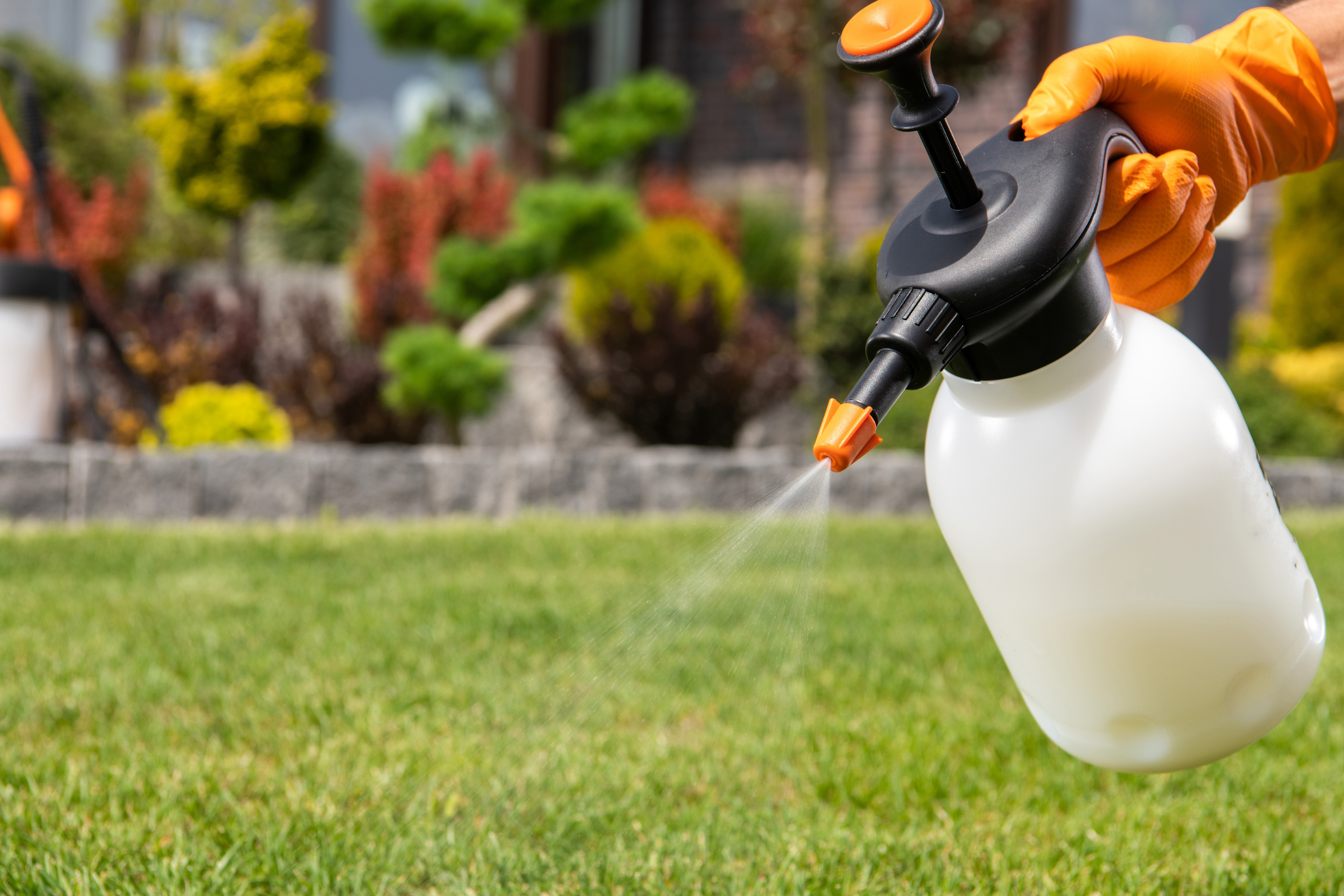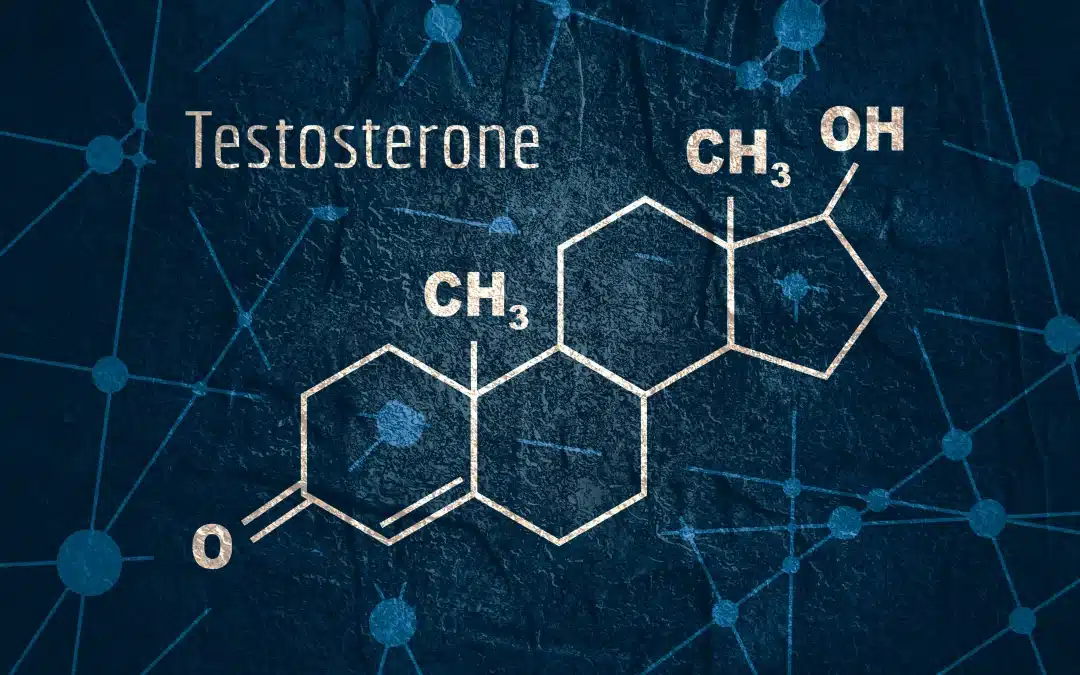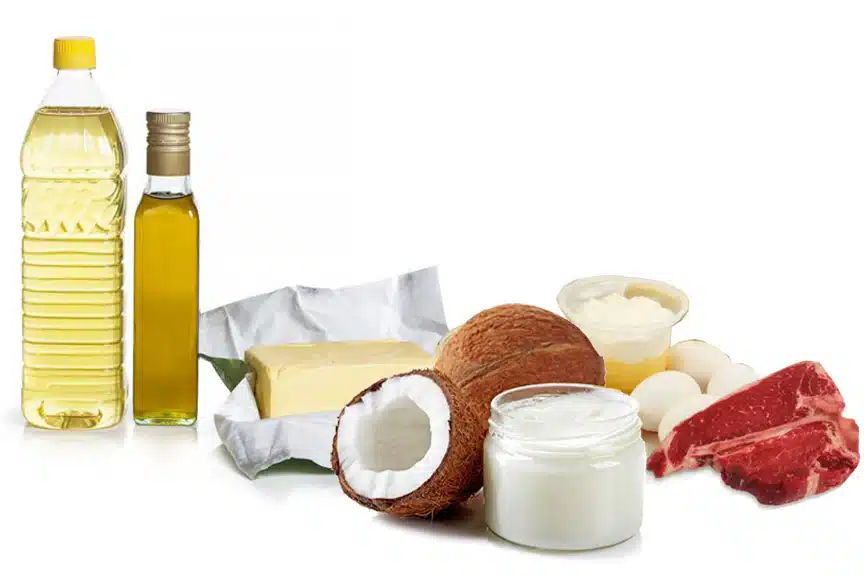In today’s modern agricultural landscape, pesticides have become an integral part of crop production. Pesticides are employed across a wide range of agricultural settings, from large-scale commercial farms to small-scale backyard gardens. They come in various forms, such as insecticides, herbicides, and fungicides, each targeting specific pests. While pesticides undoubtedly contribute to increased crop yields and food production, their widespread use has raised concerns about their potential impact on human health, particularly on our gut health.
The Effects of Pesticides on Gut Health
Mounting scientific evidence suggests that exposure to pesticides can have detrimental effects on our gut health and the delicate balance of the gut microbiome [1-4]. These chemicals can disrupt the natural ecosystem within our digestive tract, leading to a range of adverse consequences.
- Disruption of the gut microbiome: Pesticides have been shown to alter the composition and diversity of the gut microbiome, potentially favoring the growth of harmful bacteria while suppressing beneficial ones [1,2]. This imbalance can lead to digestive issues, compromised immune function, and even increased susceptibility to certain diseases.
- Intestinal inflammation: Some pesticides have been linked to the development of intestinal inflammation, which can contribute to conditions like inflammatory bowel disease and other gastrointestinal disorders [1,2]. This inflammation can disrupt the normal functioning of the digestive system and lead to discomfort and other symptoms.
- Increased gut permeability: Certain pesticides have been associated with increased gut permeability, also known as “leaky gut.” This condition allows harmful substances, such as toxins and partially digested food particles, to pass through the intestinal lining and enter the bloodstream, potentially triggering an immune response and contributing to various health issues [1,2].
Common Symptoms of Pesticide Exposure on the Digestive System
Exposure to pesticides can manifest in various symptoms related to digestive health. While the severity and specific symptoms may vary depending on the type and level of exposure, some common signs and symptoms include:
- Gastrointestinal discomfort: Abdominal pain, bloating, cramps, and nausea are common complaints associated with pesticide exposure, indicating potential irritation or inflammation in the digestive tract.
- Changes in bowel habits: Pesticides can disrupt the normal functioning of the digestive system, leading to constipation, diarrhea, or irregular bowel movements.
- Loss of appetite: Some individuals may experience a decreased appetite or a general lack of interest in food, which can be a sign of pesticide-related digestive distress.
- Nutrient deficiencies: Pesticides can interfere with the absorption of essential nutrients, potentially leading to deficiencies in vitamins, minerals, and other vital compounds necessary for overall health.
- Increased risk of gastrointestinal conditions: Long-term exposure to pesticides has been linked to an increased risk of developing conditions like irritable bowel syndrome, inflammatory bowel disease, and even certain types of cancer affecting the digestive system.
It is important to note that these symptoms can also be indicative of other underlying health issues, and a proper diagnosis from a healthcare professional is essential for determining the root cause and appropriate treatment.
Strategies to Protect and Improve Gut Health in the Presence of Pesticides
While the complete avoidance of pesticide exposure may not be feasible in today’s world, there are several strategies we can employ to protect and improve our gut health in the presence of these chemicals:
- Prioritize organic produce: Whenever possible, choose organic fruits and vegetables, which are grown without the use of synthetic pesticides. Organic farming practices prioritize natural pest control methods and sustainable cultivation techniques, reducing the risk of pesticide exposure.
- Proper washing and peeling: Thoroughly washing and peeling produce can help remove some of the pesticide residues present on the surface of fruits and vegetables. However, it’s important to note that some pesticides can penetrate deeper into the produce, making complete removal challenging.
- Diversify your diet: Incorporating a wide variety of whole, nutrient-dense foods into your diet can help support a healthy gut microbiome. Aim for a balanced intake of fruits, vegetables, whole grains, lean proteins, and healthy fats to provide a diverse range of nutrients and beneficial compounds.
- Eat more fermented and high fiber foods: Fermented foods like yogurt, kefir, sauerkraut, and kimchi are rich sources of beneficial probiotics and can help promote a diverse and balanced gut microbiome. Fiber-rich foods, such as fruits, vegetables, whole grains, and legumes, act as prebiotics, providing nourishment for the beneficial bacteria in the gut.
- Stay hydrated: Adequate hydration is crucial for maintaining proper digestive function and supporting the elimination of toxins from the body.
- Manage stress levels: Chronic stress can have a negative impact on gut health by disrupting the delicate balance of the gut microbiome and contributing to inflammation. Practicing stress management techniques, such as meditation, yoga, or deep breathing exercises, can help promote a healthier gut environment.
The Role of Probiotics in Supporting Gut Health
Probiotics, which are live beneficial bacteria and yeasts, can play a vital role in supporting gut health and counteracting the potential negative effects of pesticides on the gut microbiome. They offer several benefits:
- Restoring gut microbiome balance: Probiotics can help replenish the population of beneficial bacteria in the gut, promoting a healthy and diverse microbiome. This can counteract the disruption caused by pesticide exposure and support overall digestive wellness.
- Enhancing immune function: Many probiotic strains have been shown to support immune function by modulating the immune response and promoting the production of antibodies. This can help protect against potential infections and inflammatory conditions associated with pesticide exposure.
- Improved nutrient absorption: Certain probiotic strains can aid in the breakdown and absorption of nutrients, ensuring that the body receives the essential vitamins, minerals, and other compounds necessary for optimal health, even in the presence of pesticides.
- Detoxification support: Some probiotics have been found to possess detoxification properties, helping to eliminate toxins and harmful substances from the body, including pesticide residues.
When incorporating probiotics into your routine, it is essential to choose high-quality, reputable products and consult with a healthcare professional, especially if you have any underlying health conditions or are taking medications.
Tips for Minimizing Pesticide Exposure in Daily Life
While it may not be possible to eliminate pesticide exposure, there are several practical steps we can take to minimize our exposure in daily life:
- Buy organic when possible: Prioritize the purchase of organic produce, meat, and dairy products to reduce your exposure to synthetic pesticides.
- Wash produce thoroughly: Properly washing fruits and vegetables with a mild detergent or a produce wash can help remove some of the pesticide residues on the surface.
- Use natural pest control methods: For home gardens or indoor plants, explore natural pest control methods, such as introducing beneficial insects or using organic pesticides derived from plant extracts or essential oils.
- Read labels carefully: When purchasing non-organic produce, read the labels and choose options with lower levels of pesticide residues, as indicated by organizations like the Environmental Working Group.
- Avoid pesticide drift: If you live near agricultural areas, be mindful of the potential for pesticide drift, which can occur when pesticides are carried by wind or water currents. Consider using air filters or closing windows during spraying periods.
- Support sustainable practices: Support local farmers and organizations that prioritize sustainable and organic farming practices, as this can help reduce the overall use of pesticides in agriculture.
Final Thoughts
In our modern world, pesticide exposure is a reality that cannot be entirely avoided. However, by understanding the potential impact of these chemicals on our gut health and taking proactive measures, we can mitigate the risks and promote a healthier digestive system. Incorporating a diverse and nutrient-rich diet, supplementing with probiotics, and minimizing pesticide exposure through conscious choices can go a long way in supporting a balanced gut microbiome and overall digestive wellness.
If you’re concerned about the impact of pesticides on your gut health, consider scheduling a consultation with a qualified healthcare professional. They can provide personalized guidance, recommend appropriate testing, and develop a tailored plan to support your digestive wellness. Don’t let pesticide exposure compromise your gut health, take action today and prioritize your overall well-being.
Sources
[1] Sharma, T., Sirpu Natesh, N., Pothuraju, R., Batra, S. K., & Rachagani, S. (2023). Gut microbiota: a non-target victim of pesticide-induced toxicity. Gut microbes, 15(1), 2187578. https://doi.org/10.1080/19490976.2023.2187578
[2] Ali A, AlHussaini KI. (2024). Pesticides: Unintended Impact on the Hidden World of Gut Microbiota. Metabolites, 14(3):155. https://doi.org/10.3390/metabo14030155
[3] Matsuzaki, R., Gunnigle, E., Geissen, V. et al. (2023). Pesticide exposure and the microbiota-gut-brain axis. ISME J 17, 1153–1166. https://doi.org/10.1038/s41396-023-01450-9
[4] Gama, J., Neves, B., & Pereira, A. (2022). Chronic Effects of Dietary Pesticides on the Gut Microbiome and Neurodevelopment. Frontiers in microbiology, 13, 931440. https://doi.org/10.3389/fmicb.2022.931440
https://www.autoimmuneinstitute.org/articles/pesticide-use-the-gut-microbiome/
https://zoe.com/learn/do-pesticides-affect-your-gut-microbiome
https://extension.psu.edu/potential-health-effects-of-pesticides








